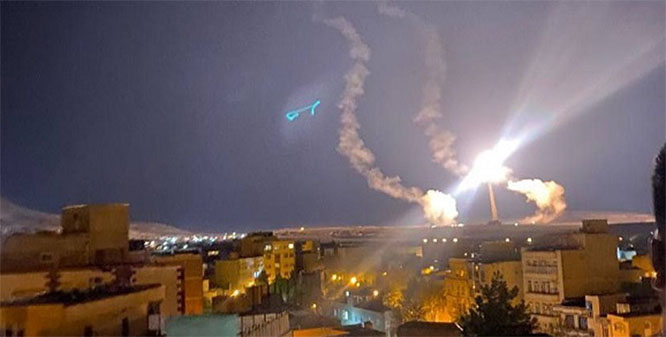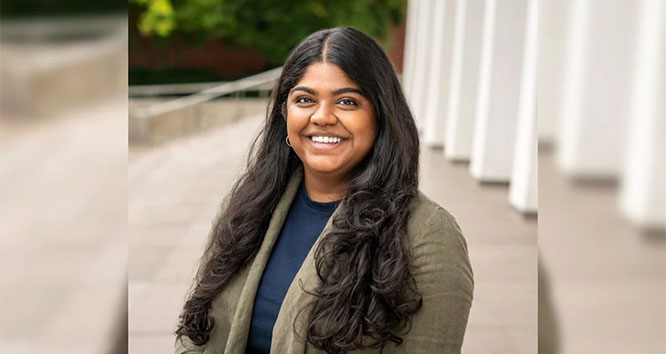
Samarkand, Sept 16: Prime Minister Narendra Modi on Friday attended the annual summit of the Shanghai Cooperation Organisation in the historic Uzbek city here along with Russian President Vladimir Putin, Chinese President Xi Jinping and leaders of the other member states of the influential grouping.
It is for the first time that Xi and Modi came face-to-face since the border standoff between India and China escalated following the deadly clash in Galwan Valley in June 2020.
The summit is also being attended by Pakistan Prime Minister Shehbaz Sharif, Iranian President Ebrahim Raisi and leaders of several central Asian countries.
Ahead of the deliberations at the restricted format of the summit, leaders of the permanent members of the grouping posed for a group photo.
At the venue of the summit, Modi was warmly greeted by Uzbek President Shavkat Mirziyoyev.
After the summit, Prime Minister Modi is set to have separate bilateral meetings with Russian President Putin, Uzbek President Mirziyoyev and Iranian President Raisi.
Modi arrived here on Thursday night on an around 24-hour visit.
Hours before departing for Samarkand, Modi said he was looking forward to exchanging views at the summit on topical regional and international issues as well as on reform and expansion of the grouping.
"At the SCO Summit, I look forward to exchanging views on topical, regional and international issues, the expansion of SCO and further deepening of multifaceted and mutually beneficial cooperation within the Organisation," Modi said.
"Under the Uzbek chairship, a number of decisions for mutual cooperation are likely to be adopted in areas of trade, economy, culture and tourism," he said.
The SCO is holding its first in-person summit in Samarkand in Uzbekistan after two years since the outbreak of the COVID-19 pandemic which prevented such high-level gatherings.
The summit in Samarkand will have two sessions - one restricted session which is only meant for the SCO member states and then there will be an extended session that is likely to see the participation of the observers and the special invitees of the chair country.
Launched in Shanghai in June 2001, the SCO has eight full members, including its six founding members, China, Kazakhstan, Kyrgyzstan, Russia, Tajikistan and Uzbekistan. India and Pakistan joined as full members in 2017.
Over the years, it has emerged as one of the largest trans-regional international organisations.
Iran is likely to be given the status of a permanent member of the SCO at the Samarkand summit.








Comments
Add new comment